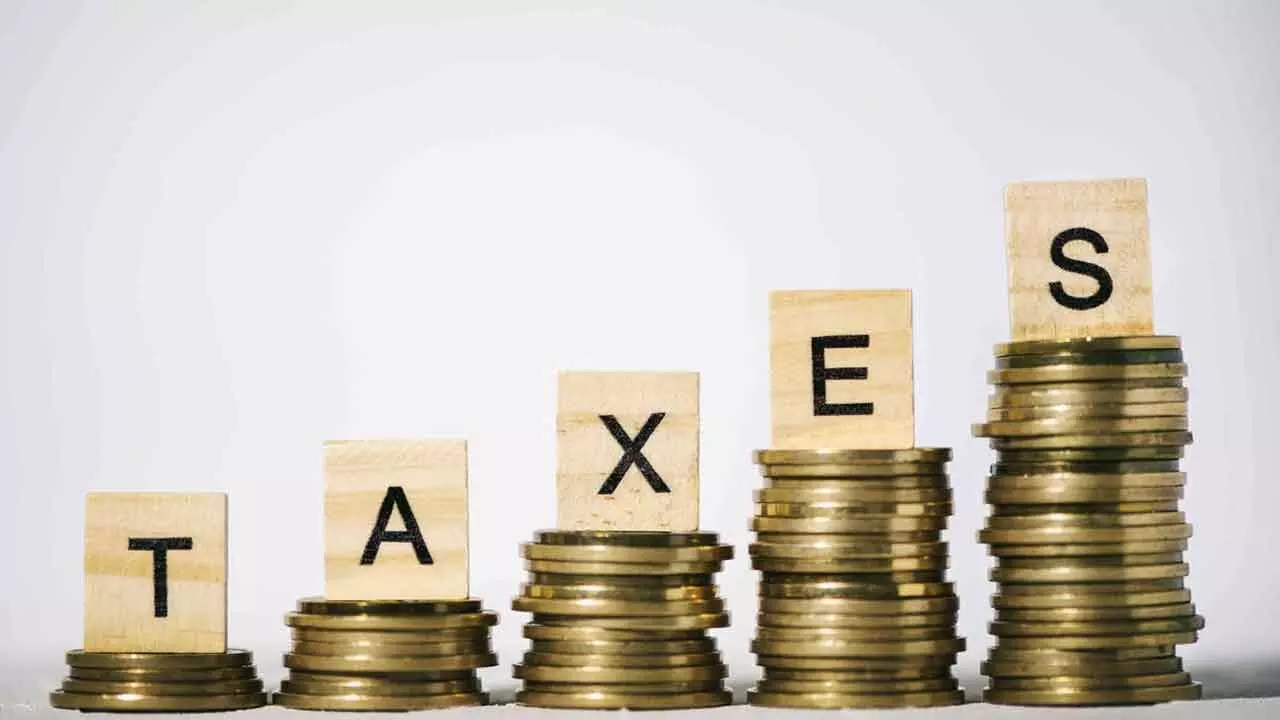Industry For Balanced Approach Towards Taxes
Industry For Balanced Approach Towards Taxes

The industry body PHD Chamber of Commerce and Industry (PHDCCI), which is scheduled to meet the Finance Minister, Nirmala Sitharaman, in New Delhi on Monday (30-12-2024) as party of pre-Budget meeting, is all set to raise demand for balanced approach to direct and indirect taxes.
The industry is expecting the Union Budget for 2025-26 to exceed ₹51 lakh crore, with capital expenditure surpassing ₹13 lakh crore.
Talking to Bizz Buzz, Hemant Jain, President, PHDCCI says, “As we approach the Union Budget, We have emphasized a balanced approach to direct and indirect taxes to propel India’s economic growth.”
In Direct taxation, we advocate for a reduction in personal and corporate tax rates to boost disposable income and business expansion, Simplifying compliance procedures and rationalizing tax slabs for MSMEs and start-ups will encourage entrepreneurship and formalization, Roll back of the amendments in respect of taxation of buy back of shares, Higher rate of depreciation on electric vehicles to promote their sale, Fast tracking of faceless CIT(a) appeals, Extending tax incentives for R&D, green energy, and skill development is crucial for fostering innovation and sustainability, he said.
He further added, on the Indirect tax front, the government must prioritize policies that protect and promote domestic manufacturing from a tax perspective. Goods manufactured in India should not face higher non-creditable tax incidence than identical goods imported under Free Trade Agreements (FTAs). Currently, many imported products enjoy nil basic customs duties under FTAs, creating an uneven playing field and discouraging domestic production despite competitive capabilities. Rationalizing tax rates, addressing inverted duty structures and reducing complexities in filing returns will enhance ease of doing business. Further government must ensure swift GST refunds for exporters.
With these measures, we aim for a growth-oriented, inclusive, and equitable taxation framework to drive India’s socio-economic progress.
The industry body has suggested several key reforms to the Ministry of Finance, aiming to boost economic growth and ease of doing business.
Dr Ranjeet Mehta, CEO and Secretary General, PHDCCI says, “We suggest to reduce tax rates for individuals and Limited Liability Partnerships (LLPs) to 25 per cent, aligning them with corporate tax rates.”
Fast-tracking faceless appeals by introducing statutory timelines and allowing physical hearings in exceptional cases.
According to Mehta, “We recommend for expanding the Production-Linked Incentive (PLI) scheme beyond 14 sectors to include areas like medicinal plants, handicrafts, and the space sector.”
We suggest reforms in MSME classification and an extended 180-day NPA classification limit from the current level of 90 days, he said.
To enhance India’s manufacturing share in GDP from 16 per cent to 25 per cent by 2030, we suggest reforms for cost reductions in capital, power, logistics, land, and compliance.
Further, the industry body proposed including MSME service exporters under the Interest Equalization Scheme and expanding the scope of MSE Facilitation Councils to cover medium enterprises. These measures, coupled with streamlining free trade agreements and promoting ‘Make in India’, aim to bolster competitiveness and economic resilience.

